Have you ever wondered what the difference is between an ICU and a MICU? The terms ICU and MICU are often used interchangeably, but do they mean the same thing? The short answer is no.
The main difference between an ICU and a MICU is their level of expertise and resources. The level of care provided in a MICU tends to be less intense than that in an ICU.
While these units may sound similar, they actually serve different hospital functions. In this article, we will discuss some of the significant differences between ICU and MICU. So, let's begin!
Different Areas Of Hospitals
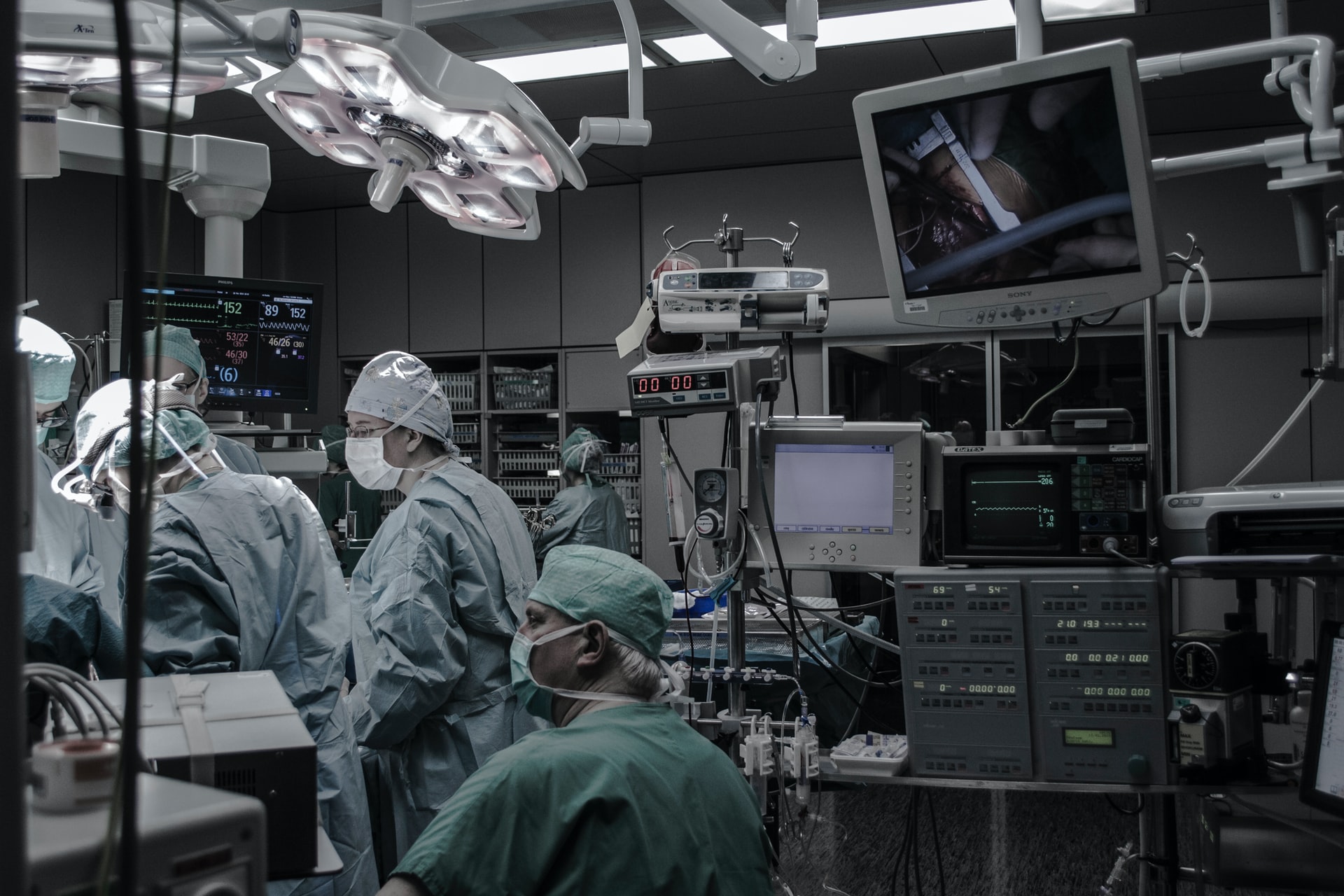

The ICU is divided into sections, each treating a specific type of patient or condition. The following is an overview of the different areas of hospitals:
Emergency Department (ED)
All patients who come to a hospital are initially treated in the emergency department (ED).
Patients with life-threatening conditions such as cardiac arrest, respiratory failure, acute stroke or sepsis are seen immediately by medical professionals who specialize in emergency medicine.
If a patient needs admission to an intensive care unit, they will be transferred there directly after being stabilized.
Respiratory Care Unit (RCU)
Patients with respiratory failure may require treatment in this unit, where they will be connected to mechanical ventilators that breathe for them and help their lungs recover from the underlying condition causing their respiratory failure.
Cardiac Care Unit (CCU)
These ICUs specialize in treating patients who have heart attacks or heart disease. They provide intensive monitoring of heart rate and rhythm, blood pressure, oxygenation, breathing rate and other vital signs.
Patients may also receive treatment to improve their heart function or prevent future complications from cardiovascular disease.
Neonatal intensive care units (NICU)
These ICUs care for premature babies that have serious health problems that need to be monitored closely.
NICU staff members work under strict infection control procedures because they're caring for vulnerable infants who lack immunity to common infections like colds.
Pediatric ICUs
Pediatric ICU is specialized in treating children with life-threatening illnesses or injuries.
They often offer pediatric subspecialties such as oncology, neonatal intensive care and hematology/oncology in addition to medical/surgical services provided by adult ICUs.
Trauma ICU (TICU)
Trauma Intensive Care Units (TICUs) are the most advanced and specialized form of critical care.
They provide high-level, life-saving care to patients who have been injured in major traumatic events such as car accidents, falls, burns, and gunshot wounds.
TICUs can be found in most hospitals that provide trauma care, including both academic medical centres and community hospitals.
Burn Unit
The burn unit is a specialized area of the ICU that treats patients who have been injured by fire or scalds. Burn patients often require IV fluids, antibiotics, and pain medications.
The burn unit may also be used to treat other significant injuries, such as those caused by explosions or chemical burns.
Neurological Unit
The neurological unit is a very specialized area of the intensive care unit, and it is designed to provide in-depth care for patients who have suffered brain injuries or other neurological disorders.
The goal of this unit is to help patients recover from their injuries, so they can leave the hospital and return home.
The neurological team on this unit includes doctors, nurses and other health care professionals who specialize in treating brain injuries. This team works together to diagnose and treat patients with neurological disorders.
It may be difficult for these patients to recover entirely because they are dealing with permanent damage to their brains. However, if they receive immediate treatment after suffering their injuries, they may be able to make some progress toward recovery.
Surgical Unit
The surgical unit is a very specialized area of the ICU. The patients on these units are, for the most part, post-operative patients who have undergone major surgery.
These patients require critical care because they may be recovering from multiple organ failures or other complications that require ongoing monitoring and intervention.
The staff in this area are specially trained to deal with both critical care issues as well as surgical issues.
This is not an area where general practitioners or nurses can work without adequate training and experience.
What is MICU?


MICU stands for the medical intensive care unit. The MICU deals with less critical conditions such as pneumonia, infections or other problems that require intensive monitoring but don't necessarily require emergency.
The MICU is usually located on one floor of a hospital, but it may be part of ICUs that also include an adult or pediatric ward and a step-down unit.
A MICU is staffed by doctors, nurses, respiratory therapists and other healthcare professionals who specialize in treating critically ill patients.
Staff work, 24 hours per day to provide around-the-clock care for seriously ill patients who require constant monitoring and support.
The equipment available in MICUs includes:
- Blood pressure monitoring equipment
- Respiratory support equipment (ventilators)
- Central venous access devices (internal jugular catheters, peripherally inserted central catheters, femoral venous access devices)
- Infusion pumps and intravenous fluids
- Cardiac monitoring equipment
- Central nervous system monitoring equipment (EEG, intracranial pressure monitor, cerebral oximeter)
Also read: The Princeton Review For NCLEX Prep
What is ICU?
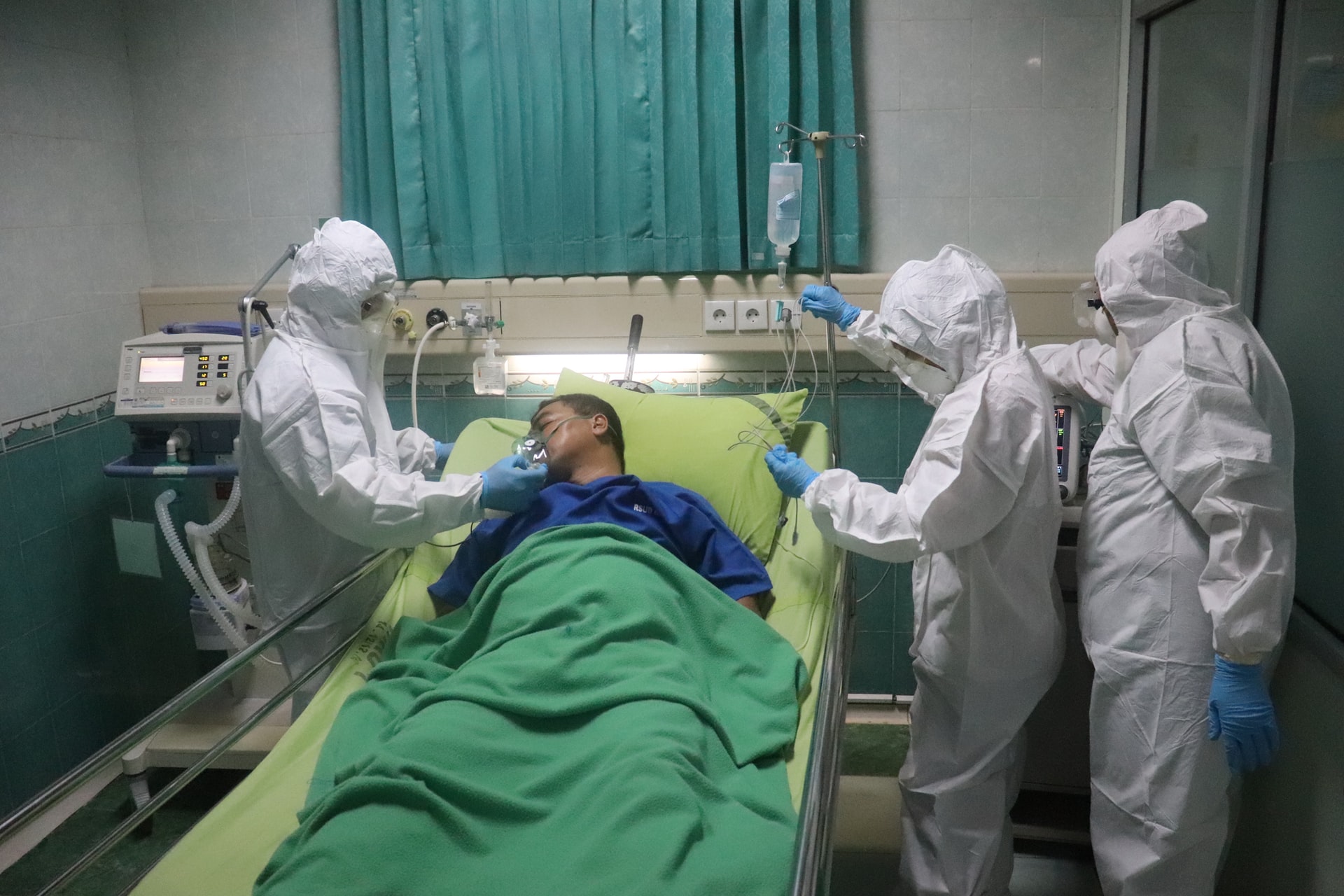

ICU stands for intensive care unit. It's a hospital ward specializing in critical care medicine.
The primary purpose of an ICU is to provide advanced and specialized monitoring and treatment for seriously ill patients whose condition is unstable or life-threatening.
In an ICU, doctors and nurses work together to treat critically ill patients who need constant monitoring and specialized treatments.
A patient's condition could be caused by an accident, disease, or surgery — or he may have been admitted to the ICU because of complications from another condition such as heart failure or diabetes.
Similarities between ICU and MICU


The ICU and MICU are similar in many ways. Both units have a team of nurses, respiratory therapists, physicians and other medical staff to care for patients who are critically ill.
They also have similar equipment, including monitors that measure heart rate, blood pressure and other vital signs, ventilators to help a patient breathe, and drugs to treat infections or stop bleeding.
Some more similarities include:
Similarities between ICU and MICU
1. Both ICU and MICU are available in the Intensive Care Unit (ICU), which is a special area of the hospital.
2. Both ICUs provide specialized care for patients with severe illnesses or injuries.
3. Both ICUs treat patients who need more than routine medical care but who are not yet stable enough to go to a regular hospital floor or ward.
Also read: How To Prepare For Night Shift Nursing? 12 Legendary Tips!
Difference between ICU and MICU
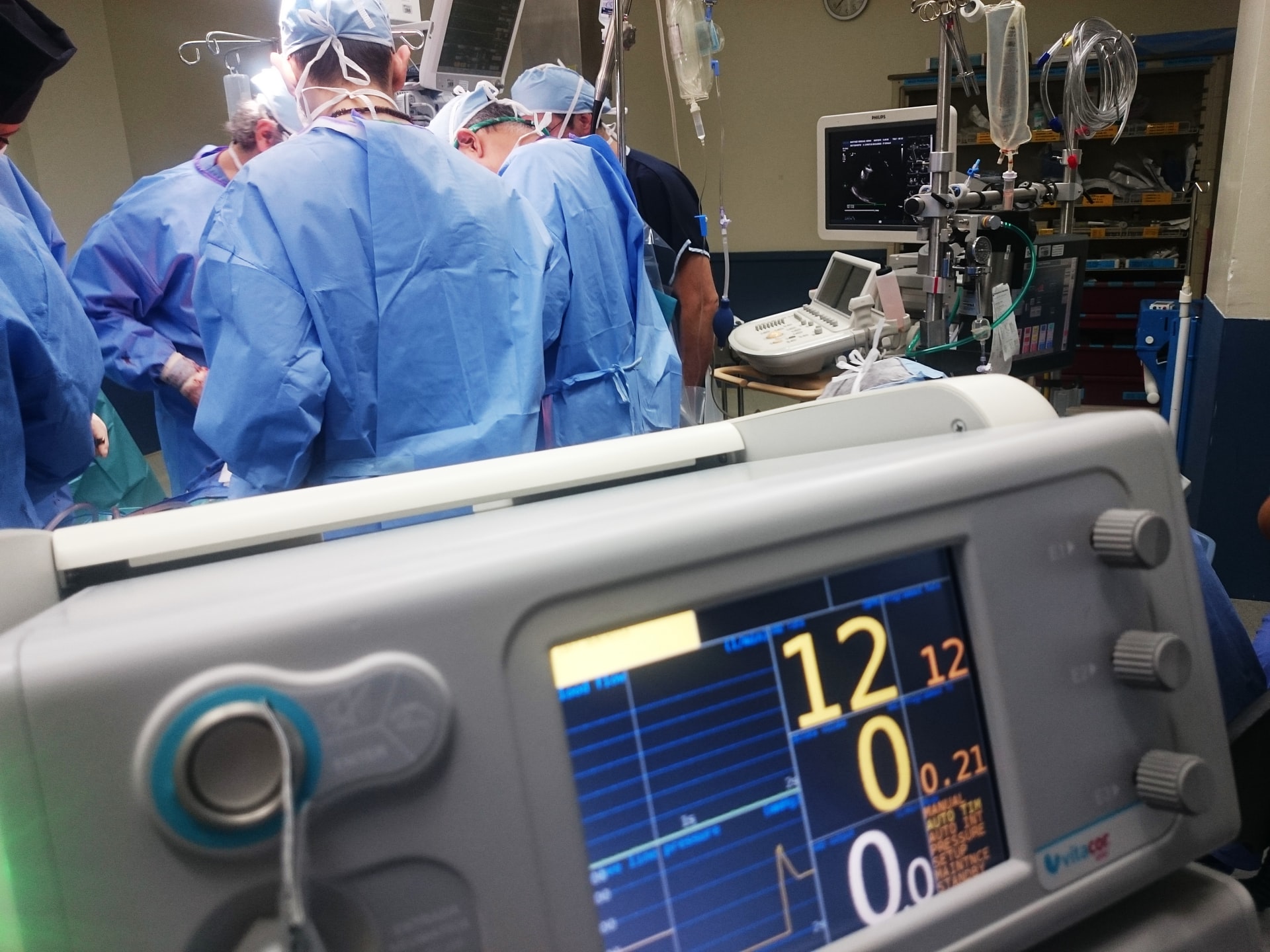

The main difference between an ICU and a MICU is that the ICU deals with patients who are critically ill, while the MICU deals with patients who are less critically sick but still require more care than they would get in a general ward.
A patient in an ICU may need to be intubated (have a tube placed down their throat), have a breathing machine or be on dialysis. In contrast, a patient in a MICU would only need one of these treatments, and it would not necessarily be life-saving.
ICUs are the most sophisticated and usually the most expensive units in the hospital. They are designed to handle patients who require life-sustaining treatment or highly specialized monitoring, such as ventilator support and dialysis.
MICUs are less intensive than ICUs, but they do offer some of the same services. Generally, MICUs are used for patients who need more care than an average hospital patient but don't require critical care like ventilator support or dialysis.
What is a MICU RN?


A MICU RN is an acute care nurse who works in the intensive care unit (ICU). The MICU RN is responsible for the critical care of patients with life-threatening illnesses or injuries.
The MICU RN provides direct and indirect patient care, monitors and documents vital signs, and administers medications and treatments as ordered by a physician.
They perform diagnostic tests and procedures under the supervision of physicians, coordinate patient care activities with other ICU team members, and communicate with family members or other persons involved in the patient's care.
Also read: Is Anatomy and Physiology Hard?
How to choose a suitable unit for you?


The ICU and MICU are both critical care units, but they have some significant differences. Both units require a high level of nursing skills, but the ICU might be the better option if you're looking for a fast-paced environment.
The MICU is usually smaller than the ICU, so you'll spend more time with each patient. This can be both good and bad; it may be easier to get to know your patients, but it also means that there's less staff available to help with your care.
The ICU is usually a bigger unit, which means there will be more staff on hand to help with your patients' needs. This can be very helpful when dealing with complicated patients who need frequent changes in their medication or therapy.
If you're looking for a calm environment where you may have more time to prepare yourself before seeing your next patient, then the MICU might be better for you than the ICU.
However, suppose you want something more fast-paced and exciting where you may have less time between patients but more resources available when needed (such as nurses or respiratory therapists). In that case, the ICU might be right for you!
Conclusion - ICU vs MICU!
Now that we've covered the primary differences, I hope you'll feel empowered to make the best choice for yourself and your loved one.
If you still have questions or concerns, just call your local ICU or MICU and ask them point-blank.
Most staff are happy to answer all questions, big or small, and they should be able to reassure you in whichever direction you're leaning.
FAQs
How long can a patient stay in ICU?
The standard length of stay in our ICU is ten days. However, if there are extenuating circumstances, doctors will work with the patient and their family to find a solution that suits their needs.
What percentage of ICU patients survive?
The mean survival rate for all ICU patients is approximately 50%, but it can range from 33% to 91%.
What kind of patients are in the MICU?
The MICU is for patients who are less critically ill than ICU patients. They may be recovering from surgery or other procedures or have been admitted for observation.
Is MICU serious?
Yes, MICU is serious. MICU is a safe place for patients who are severely ill and need around-the-clock monitoring by a team of healthcare providers.
What is a MICU ambulance?
A MICU ambulance is a specialized ambulance that can transport critically ill and injured patients to the emergency room.
A MICU ambulance is equipped with advanced life support equipment and trained staff that can provide oxygen, monitor blood pressure, administer medications, and more.



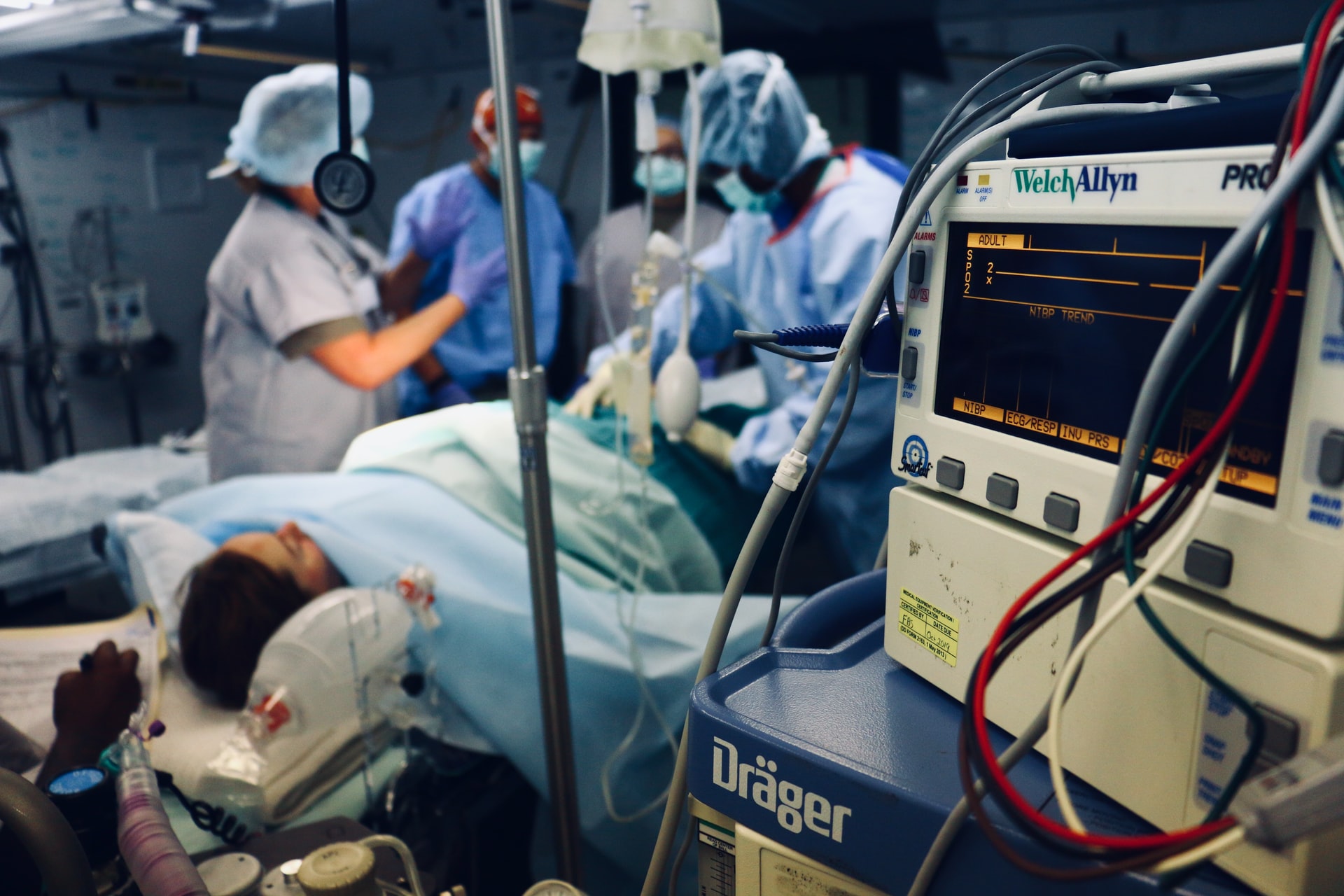
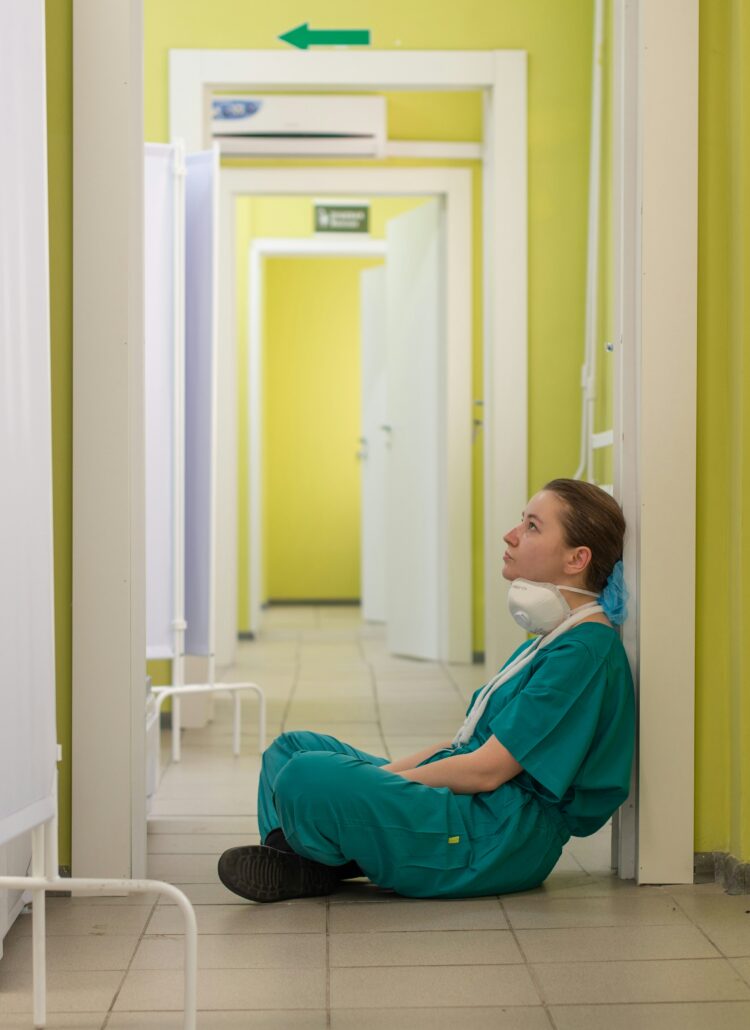
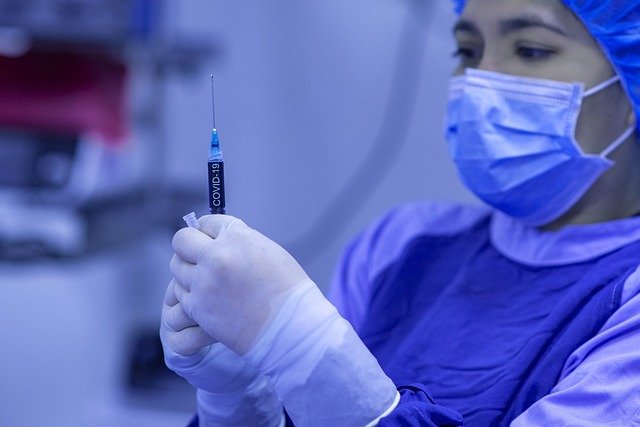



Thank you so much , for all you do 🙏 . I’m a 31 year Nurse . SDW . God Bless 🙏